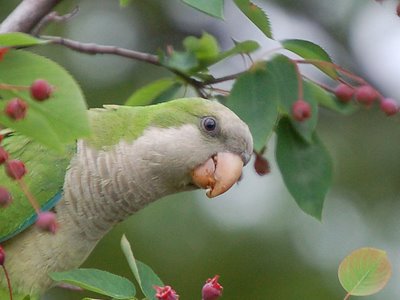
Everyone has those embarrassing moments that, by now, the rest of the world has forgotten, but live on in your memory and induce a cringe and a minor shudder each time they re-arise in your mind’s eye. Think how many guys watch video clips on TV and see the poor groom keel over just before the “I do’s”, and remember their own wedding with shame? After uncontrollable giggling at a funeral, fainting at the wrong time (among males, any time is the wrong time) ranks high among no-nos.
In my day, in the army, there was one forgivable, but not forgettable cause of fainting. In the fiery heat of the parade ground in Texas, Louisiana, Georgia, or any tropical clime, the commands go :
• “Attennnn….Hut”:
• “Poortt..Harms” ;
• “ Inspectionnn… Harms”
• - a variable pause- followed by a repeat of,
• “Poortt …Harms”.
There is a brief nanosecond there after the last “Harms” during which you must remove your thumb from the path of the bolt crashing closed. If you fail, a searing pain shoots up to your shoulder, followed by a throbbing of the thumb, followed by a view directly into a blazing sun as you realize that you are flat on your back and your friends are stepping over you on their way off the field.
Now you have options – none of which solve your problem.
• Lie there until the sun goes down, then crawl back to the barracks.
• Get up and march off to your own music.
• Wait for a laughing medic, that by now you really don’t need.
• Lie there and cry for Mommy.
• Desert the Army and see if there are any openings in the CCC.
What ever you choose, the worst is yet to happen. You have to face the laughing and teasing in the barracks and the sarcasm of the sergeant.
* * * * * *
The only solace was that you knew that if they hadn’t done it themselves yet, they would.
Personal advice -- During the healing period, it is best not to try to use chopsticks.



